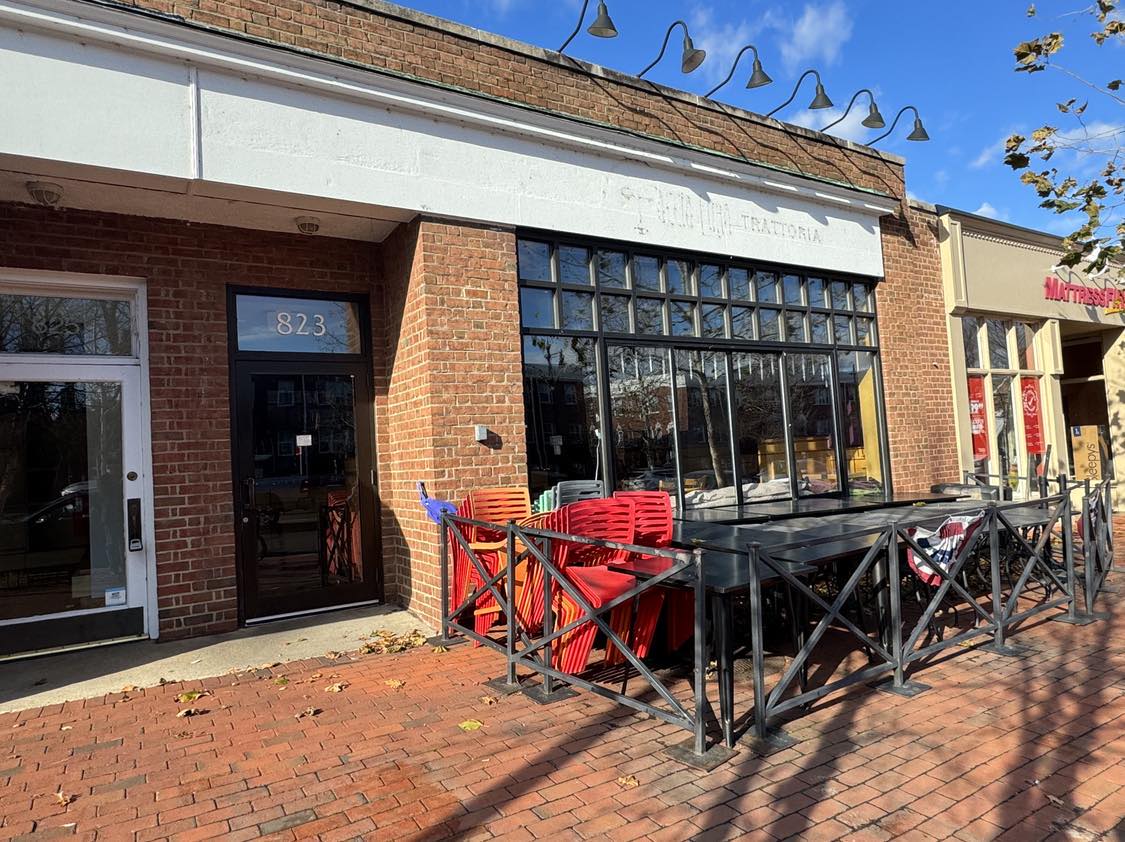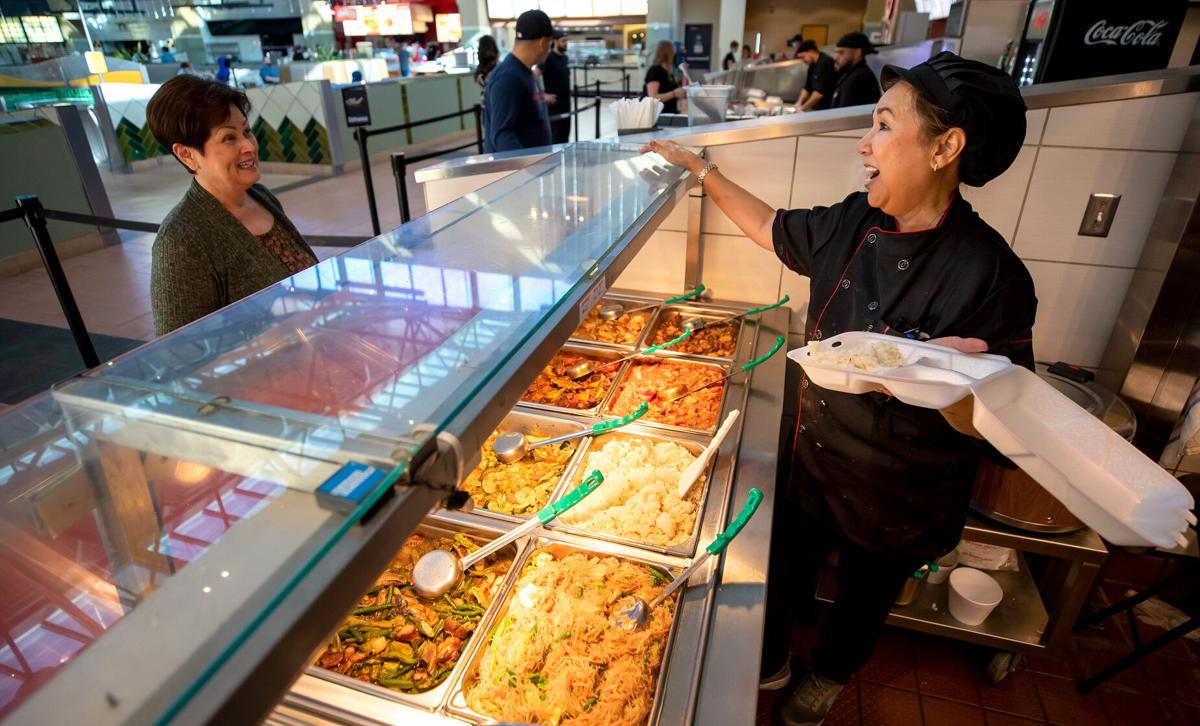In a heartrending turn of events, the Great American Hamburger & Pie Co., a staple of the Richmond, California community for nearly four decades, has permanently closed its doors. The closure comes after a lawsuit over wheelchair accessibility issues, compounded by the economic strains of COVID-19 and inflation, has made it impossible for the family-run business to continue operations.

Richmond: A Legal Battle Over Accessibility
The closure announcement, made last Thursday, highlighted the challenges the burger joint faced following a lawsuit filed in the Northern District of California earlier this year. The plaintiff, a paraplegic individual, accused the restaurant and its landlord of violating the Americans with Disabilities Act (ADA) by failing to provide wheelchair access.
The ADA, a pivotal federal law, mandates that public spaces be accessible to people with disabilities, with non-compliance potentially resulting in hefty fines of up to $75,000 for first-time offenses.

George Koliavas, co-owner of the restaurant at Richmond, shared with SFGATE the attempts made to rectify the situation.
“We proposed adding a wheelchair ramp by the entrance, but our landlord deemed it too costly,” he explained. The lawsuit described the plaintiff’s frustration upon encountering a “high threshold” at the restaurant’s entrance, which rendered him unable to enjoy a meal inside, making him feel like an “outcast.”
Financial Strains and the Decision to Close
The lawsuit’s financial repercussions were just one of several strains on the restaurant’s sustainability. The combined weight of legal fees, rising food and labor costs, and the economic impacts of the pandemic proved overwhelming.
“It’s frustrating, and you get to a point where you say, ‘You know what, forget it,'” Koliavas expressed, indicating a broader issue where landlords may not always support necessary modifications, leaving small businesses to face the consequences.

The National Restaurant Association’s 2024 State of the Restaurant Industry report underscores this difficulty, estimating only a 20% success rate across the industry. Many establishments struggle to stay afloat amidst increasing operational costs.
A decades-old burger joint closed after being sued over wheelchair access, saying its landlord wouldn't pay for a ramp https://t.co/3tnQa1I4oT
— Insider Food (@insiderfood) April 12, 2024
Reflecting on Community and Legacy
Despite the unfortunate circumstances leading to its closure, the Great American Hamburger & Pie Co. of Richmond leaves behind a legacy of community and cherished memories.
“We’re going to miss the community and our great customers,” Koliavas lamented, recalling patrons who had been visiting since their childhood. The restaurant, founded by Helen Koliavas’ parents in 1986 and taken over by the couple in 2010, has been more than just a place to eat; it was a gathering spot that represented home for many.
As Richmond loses a beloved landmark, the story of the Great American Hamburger & Pie Co. highlights the ongoing challenges small businesses face in adapting to legal, economic, and social pressures.
It serves as a poignant reminder of the need for supportive measures that help small businesses thrive while ensuring accessibility and inclusivity for all community members.









